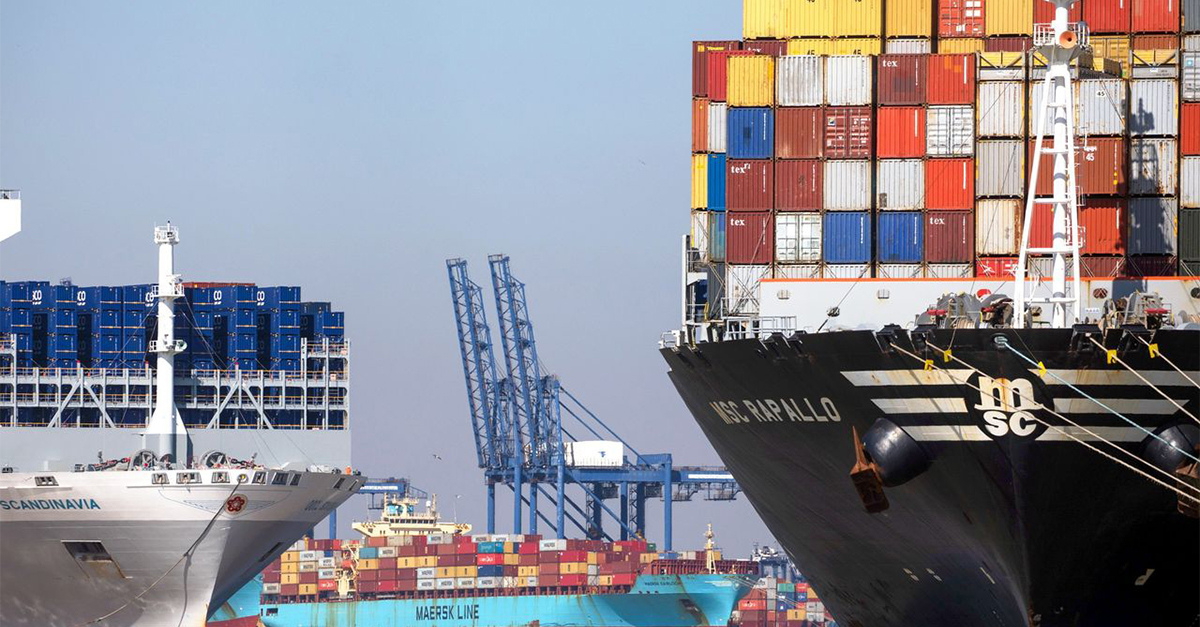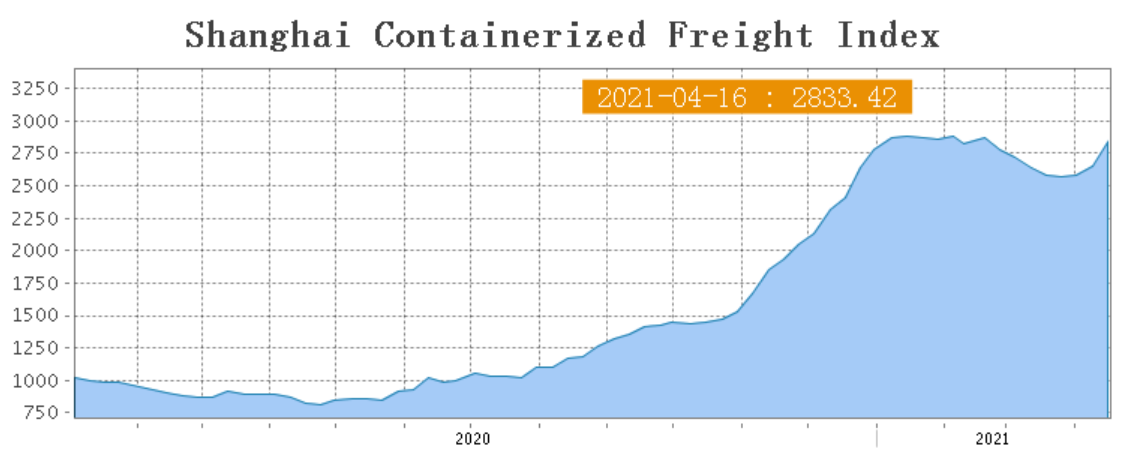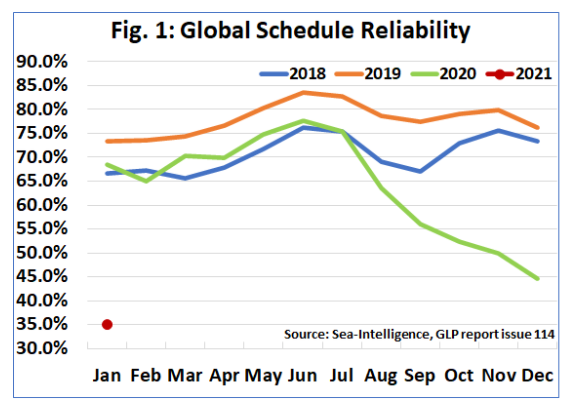
UNCTAD urges regulators to fight for greater liner pricing transparency
Apr, 19, 2021 Posted by andrew_lorimerWeek 202117
The United Nations Conference on Trade and Development (UNCTAD) has urged regulators to push for greater transparency in container shipping amid a protracted period of record rates and dire on time performance by the world’s top liners.
UNCTAD issued Policy Brief 84 on Monday in which it examines why freight rates have surged along with recommendations for governments to try and clamp down on any liner attempts to coerce market conditions.
UNCTAD forecasted that the current surge in freight rates is expected to last well into 2021. It also noted that in the longer term, policymakers need to focus on further reforms in trade facilitation and ports; improved tracking and forecasting; and strengthening national competition authorities.

While freight rates have soared, schedule reliability has plummetted.

“Policymakers need to promote transparency and encourage collaboration along the maritime supply chain, while also ensuring that potential market power abuse is kept in check or prevented,” the UN body stated.
Shippers have repeatedly emphasised that they do not have access to empty containers for exports and face blank sailings, as well as high freight rates, and many competition authorities are investigating potentially abusive behaviours.
“While there are several reasons that may explain the shortage in containers and ship supply capacity, including the disruptive nature of the pandemic and associated restrictions, it is also important to ensure that national competition authorities can monitor freight rates and market behaviour,” UNCTAD suggested.
-
Shipping
Sep, 09, 2021
0
CMA CGM makes the decision to stop all spot rate increases
-
Trade Regulations
Dec, 21, 2022
0
Chile and EU agree on a new trade deal that eliminates most tariffs and promotes investment
-
Other Logistics
Apr, 05, 2023
0
Brazil to fine seafarers who arrive without ID
-
Coffee
Mar, 05, 2025
0
Coffee prices soar while orange juice tumbles in global markets



